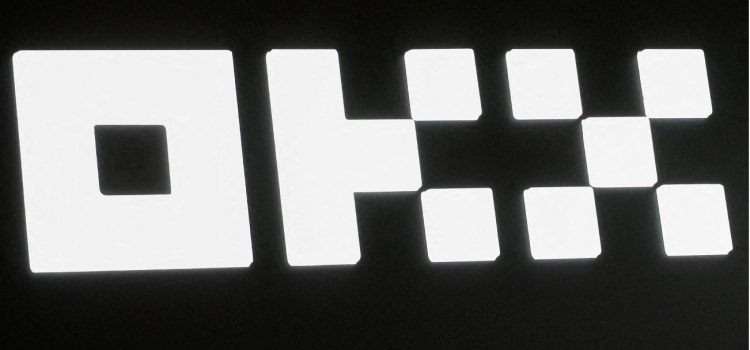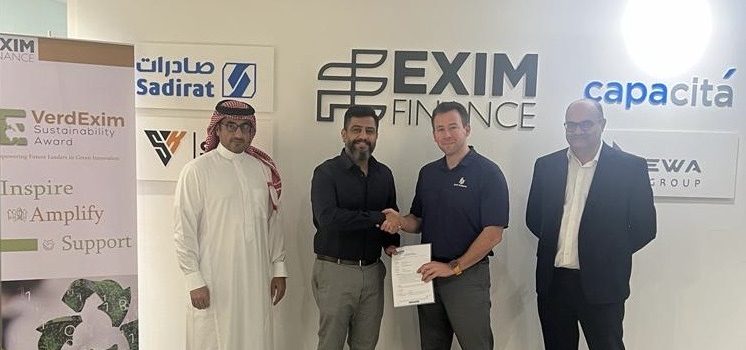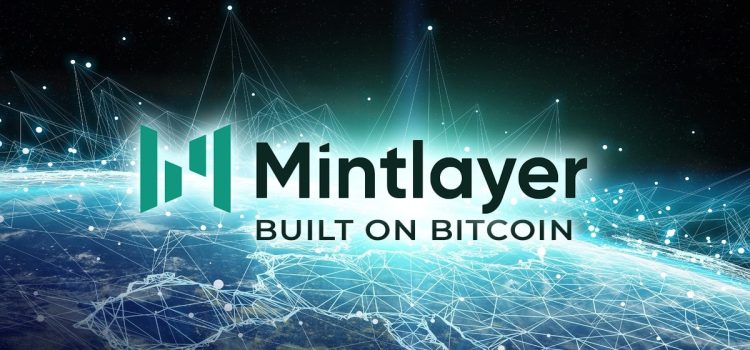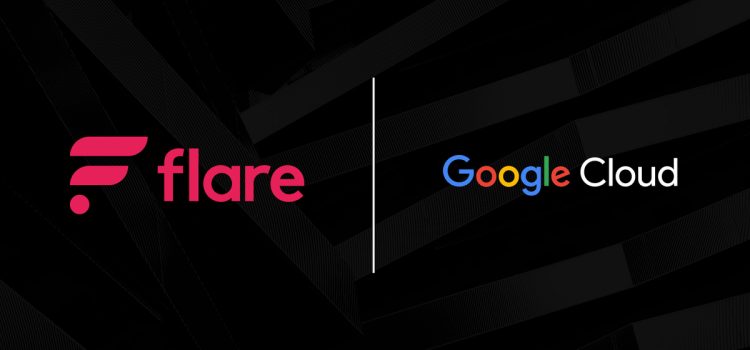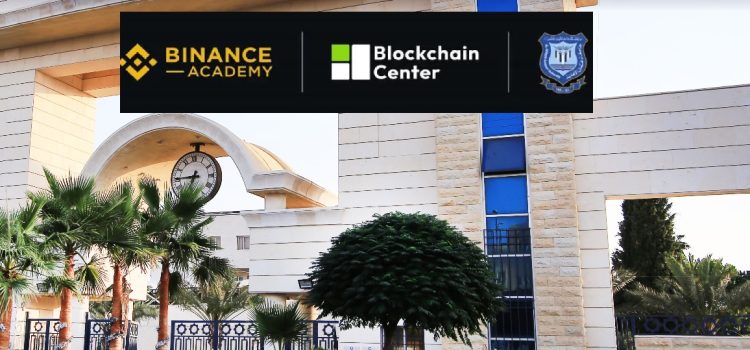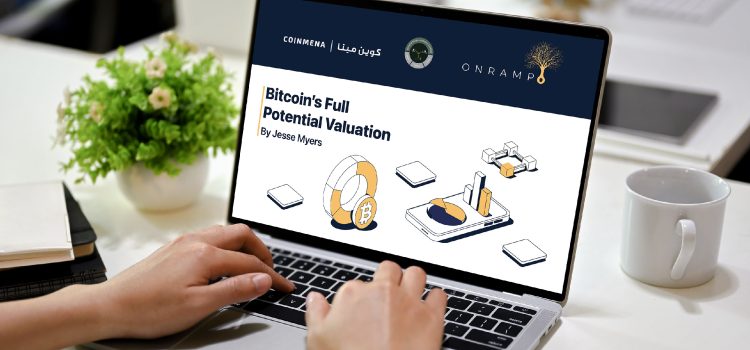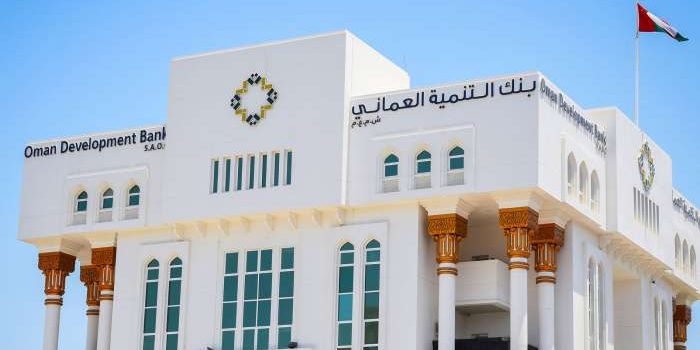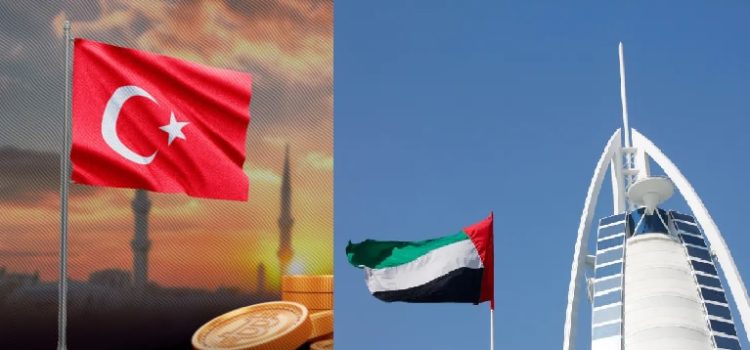The DFSA ( Dubai Financial Services Authority) the regulatory arm of Dubai’s International Financial center recently announced that it would be updating its crypto assets regulatory framework with new amendments that would cover crypto assets, crypto custody DeFi, stablecoins, crypto investment funds money laundering and terrorist financing, as well as blockchain and crypto in insurance
It is asking for feedback on its consultation paper by March 3rd 2024. One of the most interesting topics mentioned by DFSA was utilization of Blockchain and crypto in insurance.
The DFSA noted in their consultation paper that given that crypto tokens are being discussed in the context of insurance including the utilization of DLT (Distributed Ledger Technology), for insurance, as well as crypto tokens for denominating policies, receiving premiums and paying out claims, even underwriting risks in crypto market, has prompted DFSA to seek feedback.
DFSA is seeking feedback on market trends regarding underwriting Crypto Token specific risks and associated regulatory risks; regulatory risks, and the prudential treatment of crypto exposures where Insurers receive premiums and pay out claims in Crypto Tokens.
In parrallel BCG recently published an article on how insurance firms are utilizing metaverse and blockchain in their operations, and how this trend will grow.
According to BCG some firms use blockchain records to process claims and detect fraud, while others deploy the technology to offer customized insurance products. It is noteworthy that UAE’s Ministry of Health has utilized blockchain technology for some time now.
BCG believes there are six strategic opportunities for the insurance industry after BCG evaluated leading insurance companies on 43 relevant dimensions and found that insurance companies were not only willing but it was feasible for them to do so.
According to BCG, insurance companies can increase revenues by using blockchain technologies.
Blockchain technology-related revenues for the insurance industry are expected to rise from their 2022 level of $425 million to about $37 billion by 2030. This represents revenue growth of 70% per year.
BCG’s analysis found that 60% of insurance companies are already investing in blockchain, and 80% of their C-suite executives believe that blockchain can enable efficiencies. The increase in revenues is expected to develop within the broader context of a $708 billion revenue gain across all industries and regions from metaverse and blockchain technologies.
The many use cases for metaverse and blockchain technologies fall into six broad strategic opportunities that can unlock substantial business value.
Insure Digital assets
First it can create new revenue streams. Firms can underwrite policies that insure digital assets, such as non-fungible tokens (NFT) cryptocurrency investments, and cryptocurrency keys. Firms can also commercialize the assessment tools used to underwrite emerging risks.
Insurers can also create new revenue streams by developing offerings to address risks related to metaverse technologies. For example, virtual-asset policies can insure against risks such as cyber-attacks and data loses, which are inherent to virtual environments.
Smart Contracts for transactions
The second opportunity is smart contracts, programs stored in a blockchain that run when certain conditions are met and that keep a verified record of all related transactions, which can particularly help insurers expand their product portfolio.
Firms can use smart contracts to create new types of policies that can be activated and deactivated on demand. Specialized underwriters can pool their knowledge to write multiparty insurance policies, each underwriting the risks with which they feel comfortable, and use smart contracts to manage the complexity. And carriers can use smart contracts to offer inexpensive contingency-based insurance for many small risks that would otherwise be difficult to insure. For example, companies could cover short-term work engagements for freelancers, one-time events for commercial venues, seasonal residential rentals for homeowners, and transactions by drivers working with ride-sharing services.
Improved underwriting
Insurers can also improve Underwriting and Claims Processes. Insurers can use blockchain and metaverse technologies to improve some underwriting and claims processes. In doing so, companies can improve the reliability of customer data, reducing existing loss ratios and decreasing the risk profile of the entire portfolio.
By implementing blockchain, an insurer can access the end-to-end record of an insured object’s life cycle, enabling more accurate underwriting and preventing fraud. An insurer can not only store the current value of the insured object but also trace back its provenance, seeing the object’s value whenever it was bought and sold. The insurer will also be able to see its value at the time of all subsequent transactions.
Detect frauds, settle claims
In addition Blockchain systems can help detect fraud by assessing data reliability, thereby avoiding settlement costs for false claims. The systems can also reduce the costs associated with high-volume, low-value claims by making it easier to manage them. Additionally, the automated ledger and tracking inherent in blockchain systems can streamline operational inefficiencies and reduce delays in settling claims. The latter two benefits are possible given the immutability of a blockchain ledger and blockchain’s capability to monitor policyholders’ digital identities using digital identity wallets.
OneDegree in UAE to insure digital assets
The announcement made by DIFC comes just after Hong Kong based digital asset insurance provider, OneDegree, announced it was expanding its offering to the UAE through a local partnership with Dubai Insurance Company.
Both UAE local entity and OneDegree will insure digital asset firms in the UAE using its OneInFinity product offering.
OneDegree is in the process of setting up its entity in Dubai UAE. The company will offer several types of insurance required by the Virtual Assets Regulatory Authority’s (VARA) new cryptocurrency regulatory regime in Dubai, including commercial crime insurance, professional indemnity insurance, and directors and officers insurance.
Conclusion
The discussion both on a regulatory level, as well as in terms of partnerships on the ground in UAE for implementing blockchain and crypto in the insurance industry, is a reflection of the readiness the UAE is at in terms of digital asset adoption.
For many when insurance companies start ensuring crypto, NFTs, and digital assets that means the technology and the regulations around it have become mature, and is a pre-requisite for the onbaording of institutional investors.









